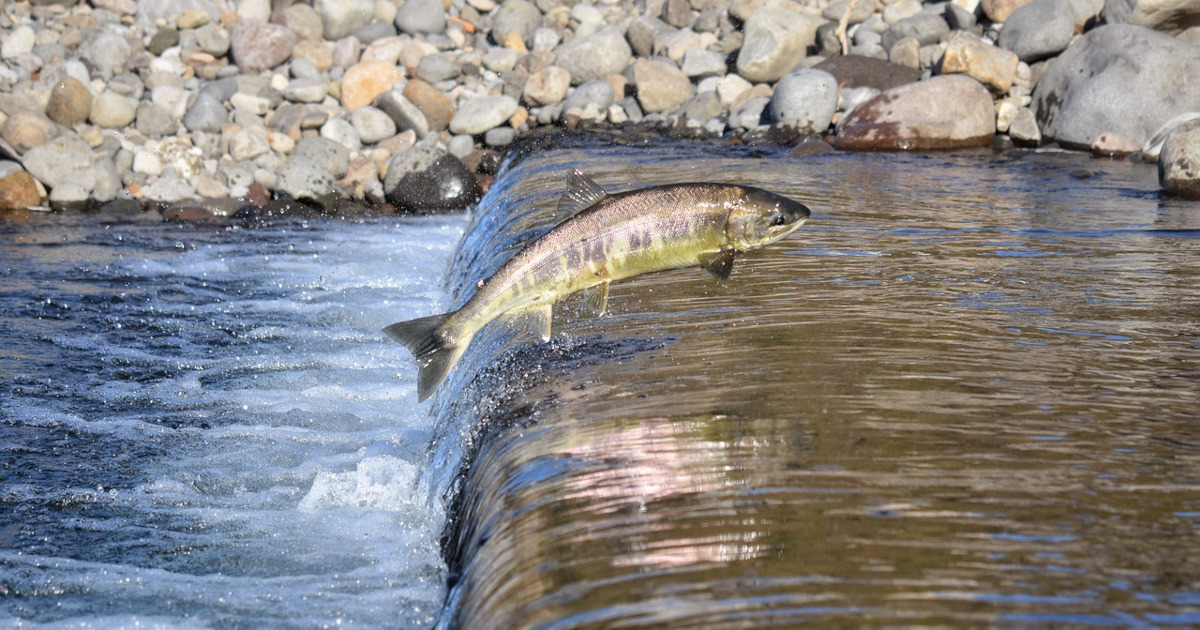
Food Safety and Environmental Groups Urge National Marine Fisheries To Cease Expansions of Industrial Fish Farms
The Center for Food Safety and allied organizations submitted comments to the U.S. National Marine Fisheries Service (NMFS) August 1 and two weeks earlier regarding the agency's proposed Aquaculture Opportunity Areas in the Gulf of Mexico and the Southern California Bight. These Aquaculture Opportunity Areas (AOA) identify places that NMFS deems suitable for industrial fish farms in federal ocean waters.
April 1, 2023 | Source: Center For Food Safety | by
SAN FRANCISCO—The Center for Food Safety and allied organizations submitted comments to the U.S. National Marine Fisheries Service (NMFS) August 1 and two weeks earlier regarding the agency’s proposed Aquaculture Opportunity Areas in the Gulf of Mexico and the Southern California Bight. These Aquaculture Opportunity Areas (AOA) identify places that NMFS deems suitable for industrial fish farms in federal ocean waters.
“Despite its lack of authority from Congress, the Fisheries Service is taking yet another step to launch industrial fish farming in our federal ocean waters,” said Meredith Stevenson, staff attorney at Center for Food Safety. “But these factory farms of the sea are not the answer to overfishing or food insecurity. Instead, this industry’s expansion will only exacerbate the threats to our oceans by harming water quality and exposing wild fish and other wildlife to pharmaceuticals, pesticides, farmed fish escapes, and disruptions from the placement and operation of these facilities in sensitive marine environments.”
